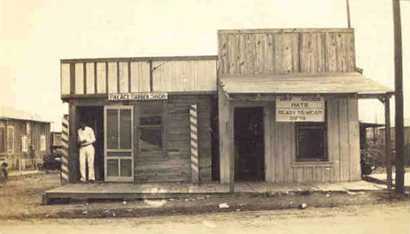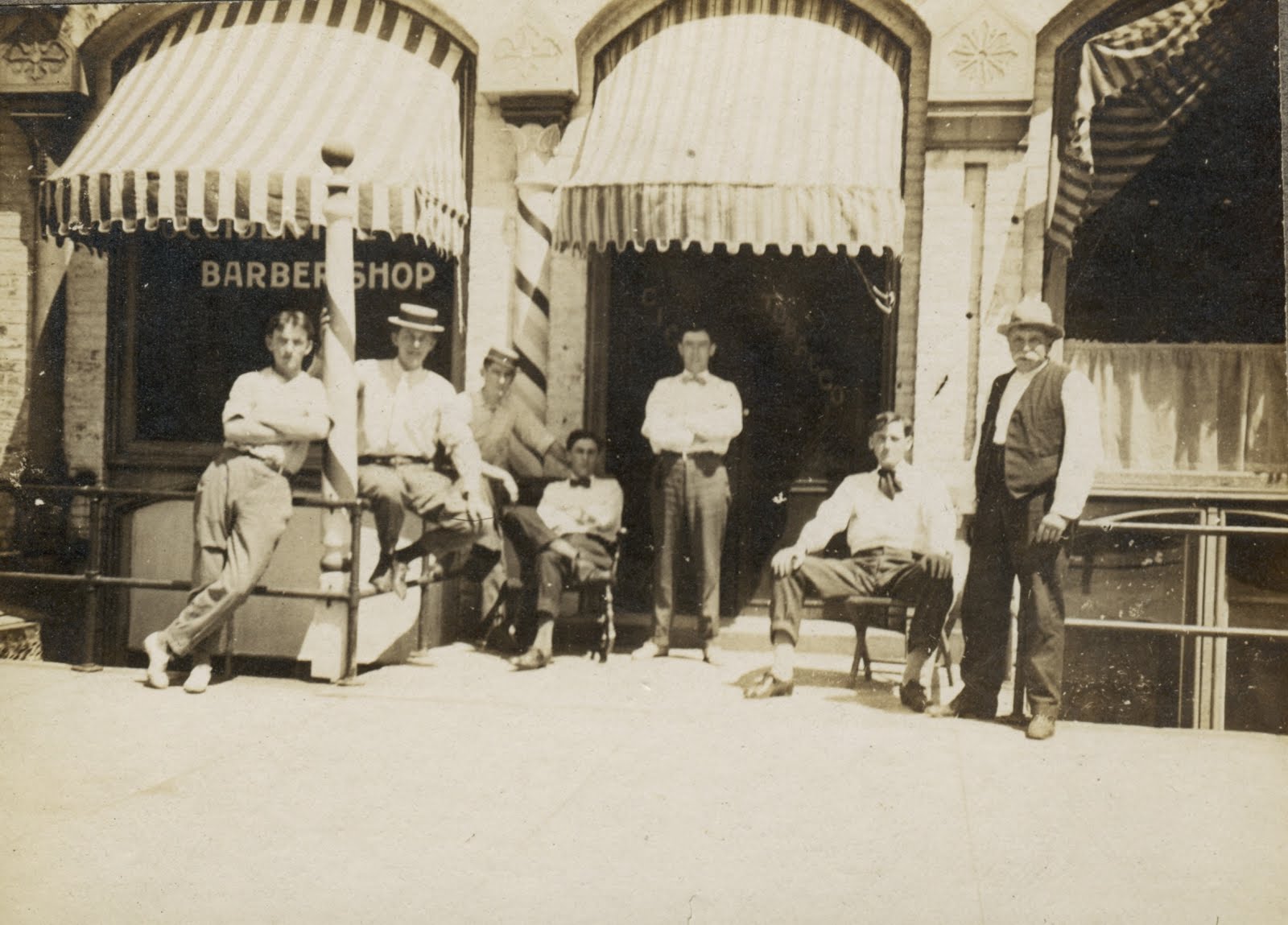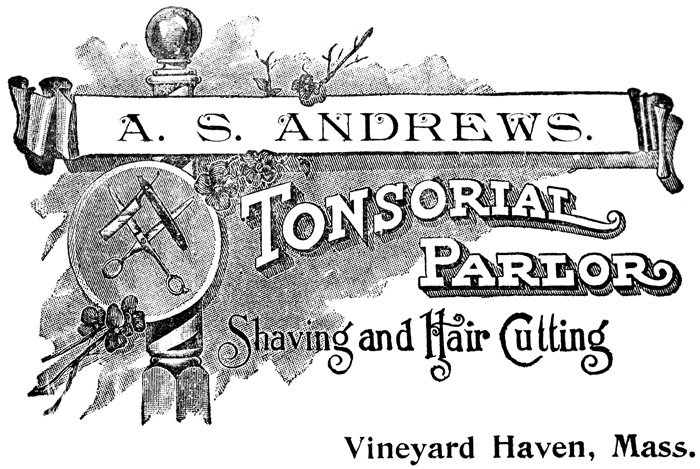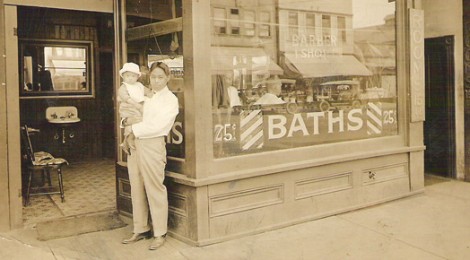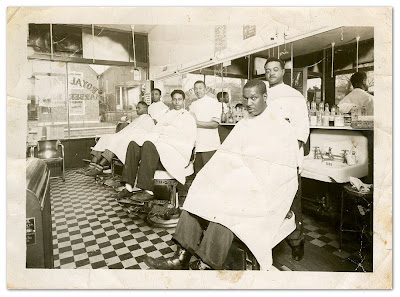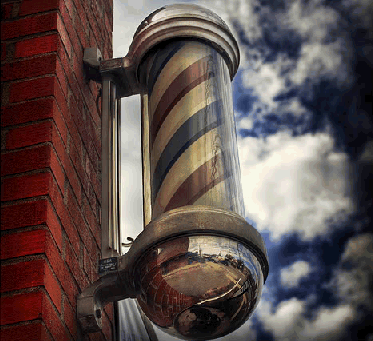Long ago, barbers were something like doctors, dentists and salonists--they performed minor surgery, pulled teeth and trimmed your hair and mustache and beard. They were actually called barber surgeons. The barber trade is ancient, going back easily 5000 years. Origninally, barber surgeons were paid more than regular surgeons until the later enlisted aboard warships. As the medical profession evolved and diversified, barber surgeons became plain ol' barbers. Not that this was not a good profession. In some past cultures, barbers were considered noblemen. The first barbering school in America was founded by A. B. Moler in Chicago in 1893. It was immediately successful. Many men of common background became barbers because it was a way to enter a better rank in society, a way to become a professional without the need to attend big universities for big money. Not that barber schools are or ever were cheap--they're not--AND a barbering license is required and those aren't that cheap either. But it didn't require a lot of book-learnin' and research and writing papers. It was just a good, honest profession for a man who preferred working with his hands. Barbershops quickly abounded across America. They became places for men to congregate and talk everything from business to sports without their wives nagging them. Card games and chess games were common at the local barbershop. The word barber comes from the Latin barba or beard. It shares the same root as Berber and barbarian. The former were notorious pirates and the later were unkempt and uncouth. Even bard is not supposed to be related, a bard (poet singer) in Scotland was lowly regarded as a troublemaker and vagabond and so is a type of barbarian.
